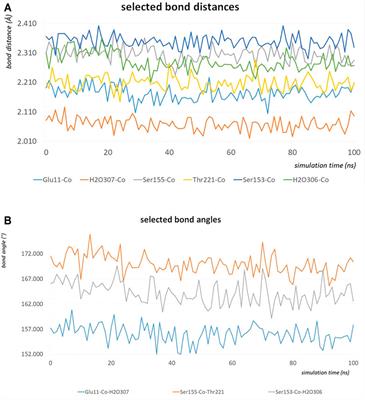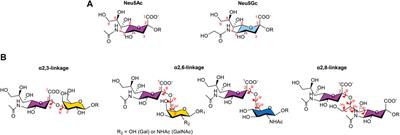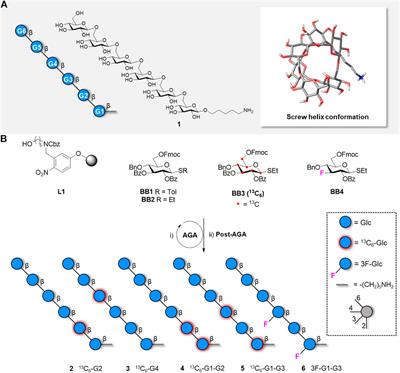ORIGINAL RESEARCH
Published on 16 Nov 2021
Evidence for Quantum Chemical Effects in Receptor-Ligand Binding Between Integrin and Collagen Fragments — A Computational Investigation With an Impact on Tissue Repair, Neurooncolgy and Glycobiology
doi 10.3389/fmolb.2021.756701
- 1,984 views
- 5 citations





